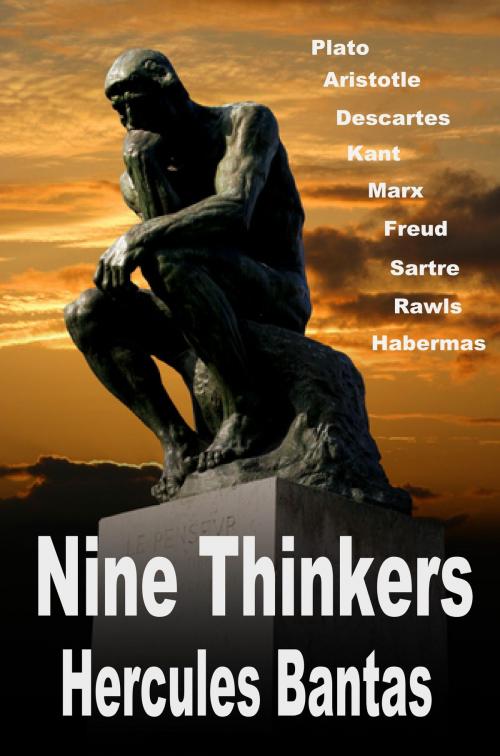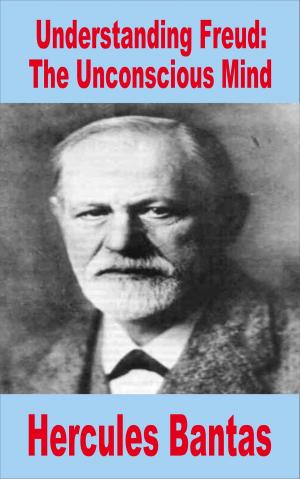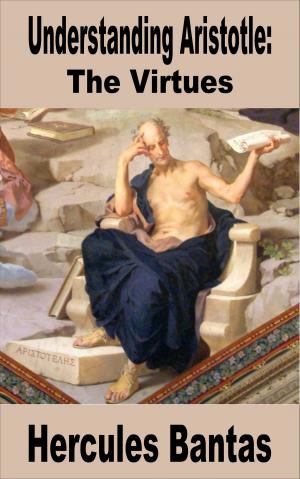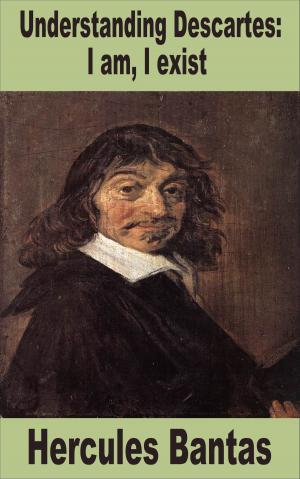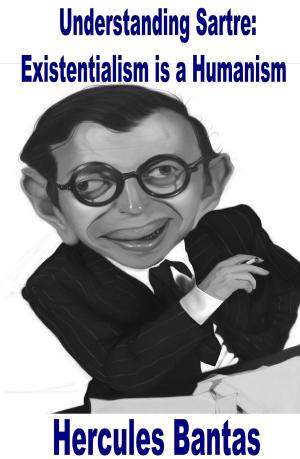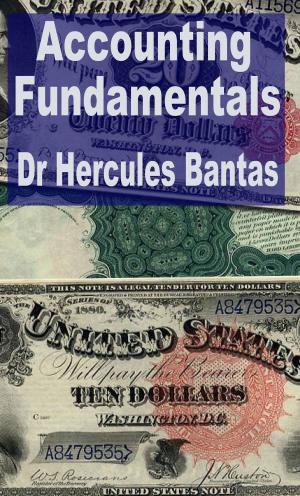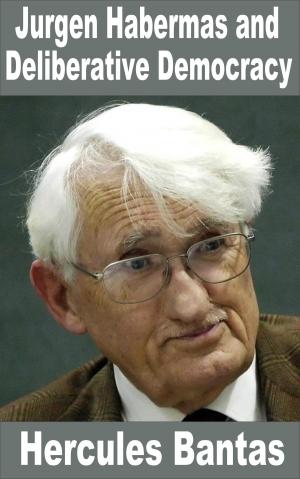| Author: | Hercules Bantas | ISBN: | 9781301590858 |
| Publisher: | Hercules Bantas | Publication: | December 20, 2012 |
| Imprint: | Smashwords Edition | Language: | English |
| Author: | Hercules Bantas |
| ISBN: | 9781301590858 |
| Publisher: | Hercules Bantas |
| Publication: | December 20, 2012 |
| Imprint: | Smashwords Edition |
| Language: | English |
Each chapter in this volume is dedicated to an idea that helped shape our world. We begin with Plato's inspired discussion of the many faces of love in The Symposium, in which he suggests that not all love is equal. In the second chapter, Aristotle cast aside religious dogma and uses logic and reason to build a moral theory. The third chapter belongs to French philosopher and mathematician René Descartes, who argued that his essence exists in his mind alone. The fourth chapter looks at the incredibly influential Immanuel Kant and his critique of empirical and rational thought. Karl Marx's controversial theory of class struggle follows in chapter five. Chapter six delves into Sigmund Freud's theory of the subconscious, while chapter seven looks at Jean-Paul Sartre's lecture 'Existentialism is a Humanism'. John Rawls and his case for justice as fairness is the focus of the eighth chapter, while the final chapter is dedicated to Júrgen Habermas and his conception of ideal speech community.
Each chapter in this volume is dedicated to an idea that helped shape our world. We begin with Plato's inspired discussion of the many faces of love in The Symposium, in which he suggests that not all love is equal. In the second chapter, Aristotle cast aside religious dogma and uses logic and reason to build a moral theory. The third chapter belongs to French philosopher and mathematician René Descartes, who argued that his essence exists in his mind alone. The fourth chapter looks at the incredibly influential Immanuel Kant and his critique of empirical and rational thought. Karl Marx's controversial theory of class struggle follows in chapter five. Chapter six delves into Sigmund Freud's theory of the subconscious, while chapter seven looks at Jean-Paul Sartre's lecture 'Existentialism is a Humanism'. John Rawls and his case for justice as fairness is the focus of the eighth chapter, while the final chapter is dedicated to Júrgen Habermas and his conception of ideal speech community.
